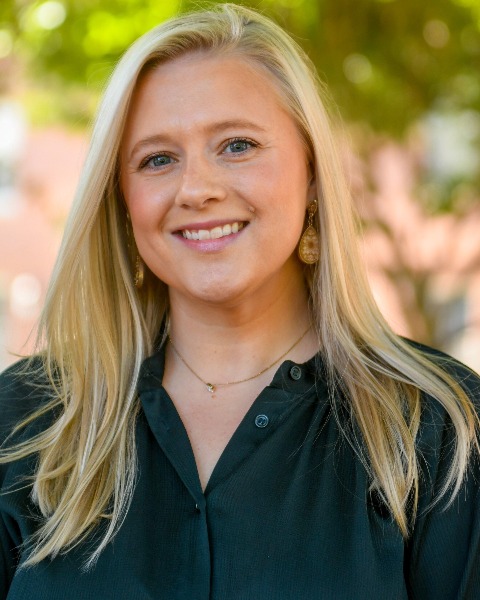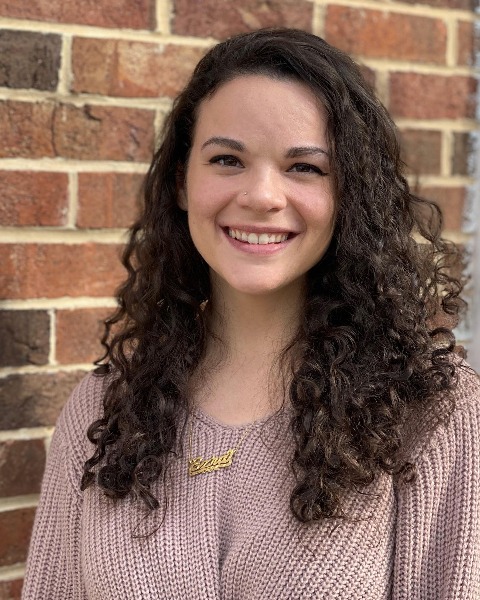Poster
Health Evaluation
76 - Evaluating Community Collaboration for Sustained Change in Health and Equity: Telling the Story of RADx-UP C2G Pilot Projects

Shelly Maras, PhD
Research Scientist
University of North Carolina at Chapel Hill
Raleigh, North Carolina, United States
Shelly Maras, PhD
Research Scientist
University of North Carolina at Chapel Hill
Raleigh, North Carolina, United States
Rossana Roberts, MSW, MPH (she/her/hers)
Evaluation Research Assistant
University of North Carolina at Chapel Hill, Abacus, Center for Health Equity Research
Chapel Hill, North Carolina, United States
Rossana Roberts, MSW, MPH (she/her/hers)
Evaluation Research Assistant
University of North Carolina at Chapel Hill, Abacus, Center for Health Equity Research
Chapel Hill, North Carolina, United States- GD
Gaurav Dave, M.D., DrPH, MPH
Associate Director, Center for Health Equity Research and Director for Abacus Evaluation
University of North Carolina at Chapel Hill
Chapel Hill, North Carolina, United States
Presenter(s)
Author(s)
Presenter(s)
Author(s)
The Community Collaboration Grants program (C2G) — a pilot grant program under the Rapid Acceleration of Diagnostics-Underserved Populations (RADx-UP) Program — aims to advance capacity, training, and support for community organizations in underserved communities. RADx-UP projects utilize either community-based participatory research (CBPR) methods or community engagement principles to increase COVID-19 testing and pandemic preparedness among underserved populations. Community engagement, or the process of developing relationships to collaboratively address and promote health outcomes, is a crucial factor for fostering health equity and addressing COVID-19 prevention and control measures.
Our evaluation investigates the long-term impacts and lessons learned from projects receiving a C2G award. We employed a qualitative, narrative analysis to evaluate projects’ successes, challenges, sustainability, and community impacts. As of September 7, 2023, 69 C2G awards had been made. Our team conducted 29 interviews with community organizations (i.e. C2G project awardees) to collect in-depth stories about project outcomes. We analyzed interviews using a hybrid of deductive and inductive thematic analyses via Dedoose, an online analysis software. Prior to coding, we tested for interrater reliability and our overall Cohen’s Kappa was 0.75. We then altered the codebook to address discrepancies.
We found that C2G projects improve health equity in underserved communities by tailoring COVID-19 education and testing interventions to community needs. They do so by partnering with other community organizations to conduct research and outreach, building and maintaining trust in communities, and addressing social determinants of health. C2G projects’ stories are impactful for both program evaluation as well as sharing lessons learned with others conducting CBPR in the field of public health research.
